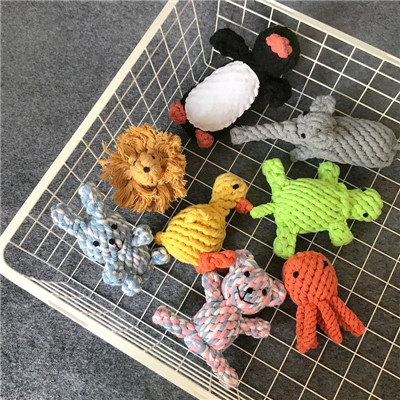How to deworm a cat?
Deworming cats regularly is an important part of protecting cats’ health. Especially for stray cats that have just entered the house, free-range cats, and cats whose main food is meat, the cats must be dewormed and dewormed in vitro.
1. The types of anthelmintics for cats are generally divided into in vivo anthelmintics and in vitro anthelmintics. Commonly used anthelmintics in cats include broad-spectrum anthelmintics such as Miaoba, Bayer, Datonggai, etc., and brown sugar repellent designed specifically for deworming. The most commonly used anthelmintic for cats outside the body is Fulaien. The above are all imported anthelmintics, of course, domestically produced broad-spectrum anthelmintics can also be used. It is generally believed that although the price of imported anthelmintics will be more expensive, it is still guaranteed. After all, anthelmintics are poisonous, and misuse can lead to tragedies.
2. Dosage of insect repellent for cats
Anthelmintics are poisonous, so be sure to feed them according to the instructions, especially domestically produced anthelmintics. The cat must be weighed before taking the medicine, and the dose should be calculated based on the weight. Sometimes there will be a lot of medicine left, if you feel wasted, you can feed it to stray cats.
3. Before and after the cat is dewormed, the cat should be bathed before in vitro deworming. After it is completely dry, place the insect repellent on the back of the cat’s neck where it cannot be licked. Do not feed the cat until the deworming medicine is ineffective. bath. In order to deworm the cat, it is necessary to fast for 5 to 6 hours after the cat has eaten the food for 3 to 4 hours to ensure the effectiveness of the medicine.
Notice:
1. Most parasites are imported from the mouth. Cats eating unclean food can infect parasites, such as raw meat, mice, insects, and birds. Among them, freshwater raw fish, shrimps, and crabs are susceptible to cat liver fluke and paragonimiasis. Therefore, it is necessary to ensure that the cat’s diet is healthy, do not feed raw meat, do not let the cat go out, keep the home clean, and prevent cats from preying on insects.
2. Prevent mosquito bites in summer and prevent blood parasites. Don’t let the cat be in the grass and other places where there are more parasites outside. If you have mosquitoes at home, you can use insect repellent that is harmless to cats or special for pets.
3. Deworm the body once every three months. Although the broad-spectrum anthelmintics on the market can only kill part of the intestinal parasites, they still have a very important meaning. In particular, many parasites are always in the intestines before they reach adulthood and travel to other organs of the cat. If they can be killed before they form, it will reduce the trouble. It takes about 2 to 3 months from hatching to laying eggs.




